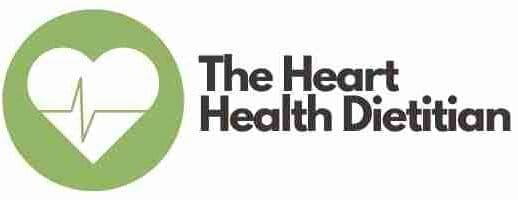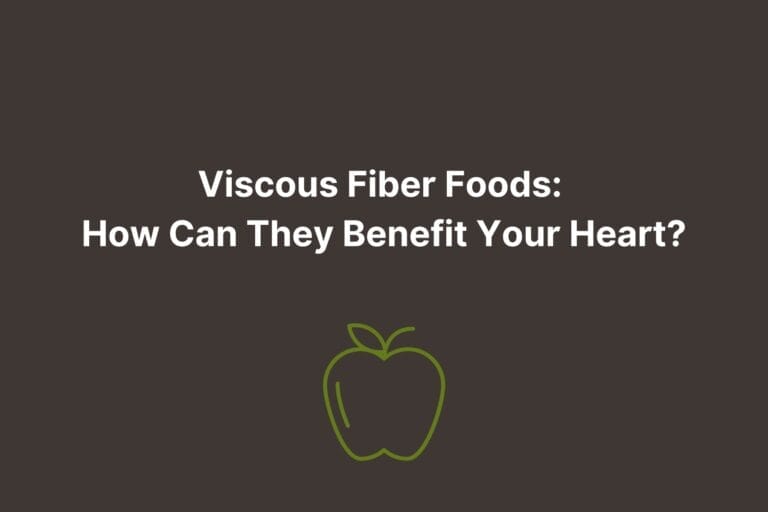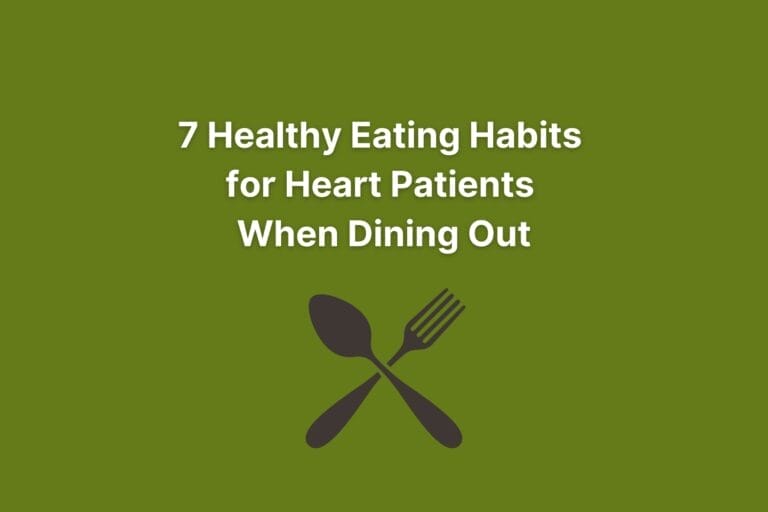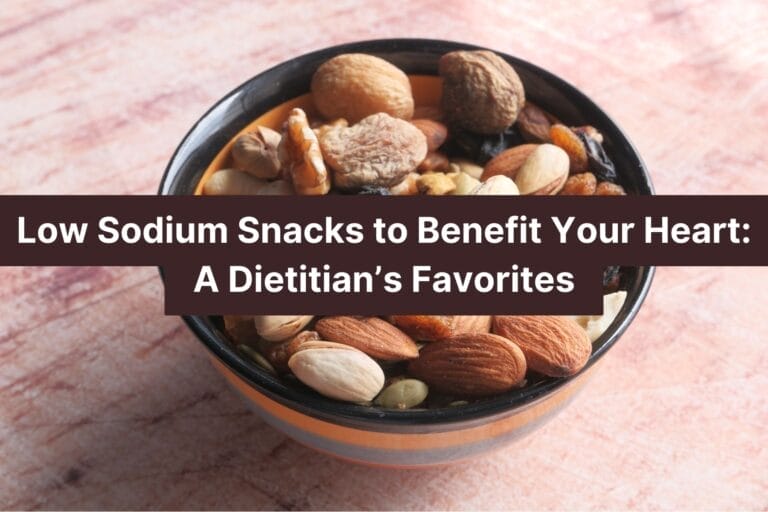A Dietitian’s Ultimate Guide to Healthy Beverages for Weight Loss
This post may contain affiliate links, which means I’ll receive a commission if you purchase through my links, at no extra cost to you. Please read my full disclosure for more information.
If one of your goals this week, this month, or this year is weight management, you’ve likely heard that what you drink can play a large role in helping you control your weight. And it’s true. The American lifestyle is full of opportunities to choose nearly any type of beverage one could possibly want. But with opportunities like that come important decisions about just what exactly you’re going to drink, and how much of it.
You may be well aware that plenty of beverage options on the market today can be quite high in sugar. Added sugars aren’t exactly friendly to your meal and beverage plan if you’re trying to lose weight. With added sugars come added calories, which may not be too helpful if you’re working to cut down on how many calories you’re taking in.
Because of these observations, many people find it beneficial to target their beverage choices as one strategy to moderate calorie intake. A reasonable goal for managing your weight would be to generally avoid sugar-sweetened beverages and instead choose beverages low in calories and with a minimal amount of added sugar.
Since as a dietitian, one of the questions I am frequently asked is “What can I drink if I want to lose weight,” I created this ultimate guide of healthy beverages for weight loss to answer this question. In this guide we’ll discuss several low- or no-calorie beverages that can help support weight loss goals.
Quick disclaimer—although I am a registered dietitian nutritionist, your reading of this or any articles on this website does not constitute medical nutrition therapy advice nor create a practitioner-client relationship. The information I provide here on this website is for educational and informational purposes only. Please see my full disclaimer for more information.
Now let’s move on to the ultimate guide!
Water
As expected, water is one of the most important beverages you can choose on a daily basis. As our bodies are made up of a pretty fair percentage of water, it makes sense that we would need to drink it to help our bodies function at their best.
As a dietitian, I admit that a frequent complaint I hear against plain water is that it’s boring and flavorless. And that complaint does make sense. In some cases, it may take some time to learn to add in and tolerate water during the day. But I would still encourage you to give it a chance, since there are actually plenty of ways to drink water.
Sparkling Water
If plain water isn’t your thing, you could try sparkling water—there are so many brands out there that have a wide variety of flavors to try. You may also enjoy the carbonation. Sparkling water is actually one of my personal favorites.
Infused Water
If sparkling water doesn’t work, you may wish to try infused water. You may be able to buy it from the store or make your own—there are even containers that have infusers in them. Fruits, especially citrus, are popular to use for infused water. Some people use mint or cucumber for a different twist.
Hot Water with Lemon
Another water variation is trying hot water with lemon. Some people enjoy this as a morning type of beverage in place of coffee or tea. You may find it an invigorating or soothing way to start or end your day.
So in summary, whatever way you find to drink water that works for you, keep it up! You’ll be on your way to proper hydration in a way that avoids excess calories.
Tea
Another favorite low-calorie beverage is tea. Hot or iced, tea can be a great low- or no-calorie addition to your day. With so many options on the market today, you may well find one you especially enjoy.
Black, Green, White, and Oolong Tea
Current research has shown us that tea (non-herbal) contains various antioxidants that can help fight damage to the cells of our bodies (1). The effects may be different depending on what is added to your tea (1). Therefore, keeping it simple by drinking plain tea may be most helpful in terms of health benefits.
Do keep in mind that these teas, which are actually from the tea plant (Camellia sinensis), do contain caffeine. The amount of caffeine is usually less than coffee, though. If caffeine is a problem for you, you may wish to choose some of the other non-caffeinated beverages in this list.
Herbal Tea
Herbal teas are usually blends of various herbs and spices; they don’t generally contain the actual part of the tea plant. Herbal teas can come in nearly any flavor imaginable and usually don’t contain caffeine.
Many people use herbal teas as a soothing night ritual. If you’re looking to decrease calorie intake, plain herbal tea is an excellent way to do so—you may even find some dessert flavors to substitute for sweets!
Mushroom Tea
Mushroom tea can be a cross between herbal and traditional teas depending on how it is prepared or what kind of a mix you buy. It is definitely becoming more popular in today’s society. If you want to try it, do check with your doctor and other healthcare professionals before trying, since it tends to be a little different than other types of traditional and herbal tea.
A word of caution with teas, however; if you’re a heart patient, you may be on certain medications that could interact with some of the nutrients or ingredients in teas, such as the Vitamin K in green tea or licorice added in some herbal tea blends. Be sure to check with your doctor and pharmacist to avoid any potential food and drug interactions.
Coffee
Next on the list of beverages that can support weight management is coffee. However, it is important to keep in mind that what is added to coffee can take away that benefit. This means that coffee with a large amount of creamer or some sweetened coffee drinks (which add both sugar and calories) are not exactly the best for helping you control your weight.
If you want to enjoy coffee, you could try it black for the lowest calorie benefit. However, if that is not a workable solution, try to keep portion size of additives controlled. You may want to try low-fat milk or stick to the 2 tablespoon amount of half and half.
Keep in mind that coffee does contain caffeine, so if you don’t do well with caffeine or are on any medications that might interact with it, it may be wise to skip the coffee. Or, check with your doctor and pharmacist as to what amount is right for you.
Vegetable Juice
Another type of beverage that may help support your weight loss goals is vegetable juice. It does have some calories, but overall it can be a reasonable low-calorie alternative in moderation. If you’re a heart patient, low-sodium vegetable juice would be a good choice to avoid overdoing it on sodium intake.
Also remember that some vegetable juices may add in fruit juices or other added sugars. Be sure to check the ingredients list and label for added sugars.
Milk and Non-Dairy Milk Alternatives
More beverages to help you take in fewer calories would be milk and its non-dairy counterparts.
Dairy Milk
Dairy milk (especially the lower fat versions like skim, 1%, and 2%) is a good source of protein, which can help you feel full. Increased fullness may help you consume a lower amount of calories from other foods and beverages.
For maximum benefit, make sure to choose plain milk, and not sweetened versions like chocolate milk. Chocolate milk and other types of sweetened milks tend to have added sugars and added calories.
Non-Dairy Plant Milks
While alternative milk beverages like almond milk, rice milk, oat milk, and others may not have the protein content that dairy milk does, they can still be lower calorie options. Keep in mind that the unsweetened versions of these drink options are the way to go, as they will have fewer grams of sugar and therefore fewer calories than sugar-sweetened beverages.
A quick side note—soy milk is a middle of the road option in terms of protein. Its protein content isn’t quite to the level of dairy milk’s, but it does contain more protein than the other non-dairy milk beverages. If you feel soy milk is the option to help you achieve your weight loss goals, remember to choose the unsweetened kind.
Smoothies
Smoothies, our next type of beverage on the list, can also be a helpful aid in weight loss. However, as with some other beverages on the list, it depends on what goes into your smoothie. A suggestion—unless you are very closely watching what a worker at a restaurant or grocery store puts into your smoothie, you may want to consider smoothies as a do-it-yourself kind of beverage.
If you’re careful with what you include in them, smoothies can help you consume several servings of fruits and vegetables, and maybe even some protein and healthy fat. Let’s discuss a few tips for making a healthier smoothie.
Include a Source of Protein
If you’re planning on making your smoothie into a meal, it would be wise to include a protein component in the smoothie to keep things balanced. Some people use protein powder (again, choose unsweetened), while others may choose yogurt or milk. Find something you like and will stick with.
Don’t Overdo the Fruits
While we certainly do need to include fruit in our daily eating patterns, sometimes smoothies can be a way to go overboard on fruit without realizing it. Depending on your fruit requirements for the day, it may be a wise practice to add only 1-2 servings of fruit to your smoothie. Otherwise the calories can start to add up, as well as the servings of fruit.
A suggestion for portion control would be to add an amount of fruit about the size of your fist, or maybe a little bit more. Or you could mix and match with half of a banana and a small fistful of berries. With time, you’ll find fruit combinations that work best for you.
Sneak in Some Vegetables
Smoothies can also be an especially good way to boost the number of servings of vegetables you get in a day. While not all vegetables lend themselves well to being in a smoothie, you may find leafy greens to be the easiest to add in. This article may give you some good ideas for what vegetables to add into your smoothie.
Protein Shakes
Similar to smoothies, it is possible to get in a lower-calorie dose of protein from protein shakes. Many types exist on store shelves and online. They key is to choose low sugar options.
Also, remember that protein shakes should not be your entire day’s worth of meals or a substitute for meals consistently. They can certainly be a snack or the occasional meal replacement, but as a dietitian, I would encourage you to focus on eating food first instead of depending on protein shakes for your nutrition.
Some people may specifically benefit from protein shakes though—always check with your healthcare provider before embarking on a plan that includes protein shakes consistently.
Coconut Water
Our last beverage on the list is coconut water. Coconut water shouldn’t be confused with coconut milk, however. Coconut water is thinner and clearer, whereas coconut milk is thicker and whiter. They also come from different areas of the coconut.
Coconut water doesn’t have very many calories (under 50 calories per 8-fluid-ounce serving) and it has several helpful nutrients, including potassium. If you enjoy coconut flavor, coconut water might be a beverage you find enjoyable.
Do remember to avoid highly sweetened coconut water—aim for plain, unsweetened versions. You could also add coconut water to smoothies if you would like, but it wouldn’t necessarily be the best substitute for a protein source though.

Conclusion
To wrap things up, we’ve explored plenty of lower-calorie or calorie-free beverages that may help promote weight loss if consumed in the context of a balanced diet. Your job now is to find some beverages on this list that you believe would work well with your preferences and lifestyle.
Do make sure to talk to your doctor or other healthcare provider if you’re unsure whether the beverage you are considering is right for you. Although the beverages on this list are certainly beneficial for most people, sometimes they may not work for you because of your medications or other medical conditions. Always be safe rather than sorry.
And one last thought—both food and beverages are important parts of the weight loss equation. Mindfulness in what you eat and drink can help you make progress moving forward. Sustainable weight loss is a combination of factors, in which beverage choices are one part.
If you enjoyed this post, I’d love it if you would subscribe to The Heart Health Dietitian newsletter, where you’ll be updated on latest blog posts and other news in the world of heart health nutrition.
Sources
- Harvard T.H. Chan School of Public Health. Tea. Harvard T.H. Chan School of Public Health website. Updated April 2023. Accessed October 25, 2023. https://www.hsph.harvard.edu/nutritionsource/food-features/tea/#:~:text=Spotlight+on+tea+and+antioxidants,free+radicals+in+the+body.
About the Author







